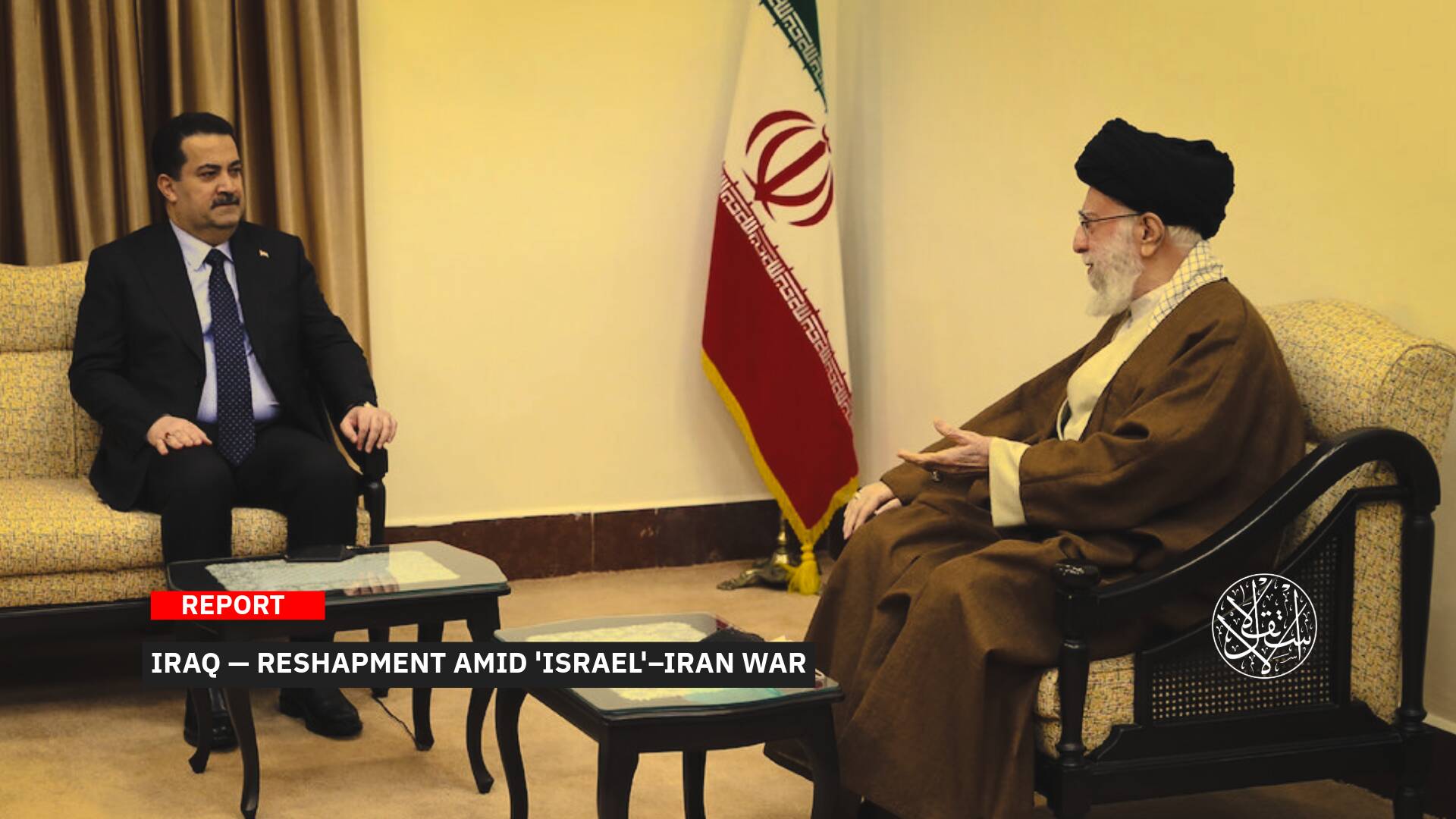The British ‘Honey-Trap’ Espionage for Information Gathering Unravels

After 5 years of mad love, her partner disappeared as if he never existed. Alison, Lisa, Rosa and many other British women activists were deceived by undercover officers who infiltrated hundreds of social and political groups.
Male police officers made intimate relationships with female activists, often lasting years and sometimes even resulting in children in the spy information gathering practice.
These officers created completely fictitious personalities by telling lies and leading a life they do not even have. In fact, they seduced scores of female activists into affairs in a bid to infiltrate groups fighting for environmental, political and social justice causes.
However, scandals, entrapment, and seduction that were introducing walkers to the world of "honeytraps" and "romeos" in Britain during decades have unravelled despite the British government’s failure to stem that.
But the shocking information revealed by former secret informants and victims of espionage in recent years, covered by media and press reports, have put the issue of British spy services under the microscope.
Britain’s Secret Police
For more than four decades, Britain’s police spied on thousands of citizens in a covert operation and no one knew about it but a small number of the most senior police officers, as reported by the Spycops website.
Based on statements by lawyers involved in the investigation, since 1968, the British police have sent at least 140 undercover officers to spy on more than 1,000 political groups in order to collect confidential files on the political activities within these groups and this was part of the Scotland Yard program to monitor the protests against the Vietnam War.
One of the major figures in the surveillance, has admitted that they were part of a "black operation," and the police have agreed on all details.
With the discovery of grave crimes, breaches, and violations caused by the secret police unit, many demonstrations and protests called for investigation and accountability.

As a result, the Metropolitan Police, Scotland Yard, announced that the secret unit was dissolved with an open investigation.
But what sparked the British street’s anger the most was what was later revealed by several media reports after listening to the victims’ testimonies, which revealed secret agents’ manipulation of the feelings of many women having intimate relationships with them in order to infiltrate the groups to which they belong.
Commenting on this, Charlie Kemper, National Secretary of the Socialist Workers Party, said that “the way the police worked was all disgraceful in many ways, and the most horrific aspect was the women who were deceived into what they thought were real relationships and this cannot be easily forgotten.”
In 2015, the British police apologized to women who were victims of hacking operations and they were given money as compensation saying that "having sex, even with certain goals, is no longer permitted.”
The British Secret Police Unit’s scandals are still continuing, while many are awaiting justice for the victims.
In fact, investigations were launched, but the hearings, according to judiciary officials, did not actually begin, due to the sensitivity of the issue and the lack of sufficient evidence in addition to the spread of the COVID-19 pandemic and therefore it is expected that the results of the investigation will not be announced before 2023.
'Conspiracy to Rape'
According to BBC News, British women who were deceived by those secret agents said they are feeling betrayed after falling in love with men who turned out to be spies despite getting apologies and compensation during an inquiry.
Police claimed that the agents who had long-term intimate relationships with their targets "abused their positions," according to the same source.
Rosa, as BBC Wales Investigates named her, was one of the spies' victims when she discovered the man she thought was her long-term partner was a paid police spy.
In her interview, she said that “if you put all these things together, you have a team of officers conspiring to rape, it was too intense for me…I felt like I could forget to breathe. He seemed to be my life-partner, he seemed to be some kind of blueprint I didn't even know I was looking for.”

In fact, Rosa and her “fake lover” were together for 10 months, but the man who called himself Jim Sutton was not that person he claimed to be. Unfortunately, he was an undercover policeman.
During the same interview, Rosa said she and Jim were talking about “having children, and moving to Wales,” where she had family. However, Jim told her he wants to go travelling alone to “sort his head out.”
Missing for months, Jim got back in touch and Rosa started her own detective work to find out finally that the family he told her he is from, does not even exist, so Jim was forced to confess he had been living a lie. He was not Jim Sutton, he was police officer Jim Boyling, according to what Rosa told the BBC.
Behind the Scenes
The secrecy of the undercover policing of this operation has been slowly but steadily crumbling.
According to the Morning Star website, more and more details of the work of the undercover officers have been exposed in recent years, thanks to the detective work of activists and journalists.
According to the same source, revelations about the conduct of the undercover officers pushed Theresa May, when she was home secretary, to open a public inquiry as reported by Spy Cops website.
The latter could potentially reveal a lot more of the covert operation to the British people. In particular, it would examine how undercover officers deceived women into long-term intimate relationships for many years resulting in having children in some cases.
After a series of delays, the retired judge, Sir John Mitting started hearing evidence in the summer of 2020.
Police’s covert operation extended to 1968, which was a disturbed year of revolt and protest. In Britain, the government trembled as ministers and police chiefs became worried that protesters became powerful enough to tear down Britain’s political and economic system.
Police realised that they needed more and reliable information about what the protesters were planning to do.
“Revolutionary times called for revolutionary solutions.” Based on that, the Police came up with a new, radical plan which had their officiers adopt a fake identity and pretend to be protesters to infiltrate the revolutionary groups.
So this was the start of different tactics to gather information about political groups by inserting their own officers into the heart of them.
This was considered by police to be a more proper and accurate method of collecting information.
In fact, 250 officers spied on more than 1,000 political groups since 1968, as reported by the Spy Cops, and at least 20 of the undercover officers placed in political groups between the mid-70s and 2010, having had sexual relationships with female activists.











